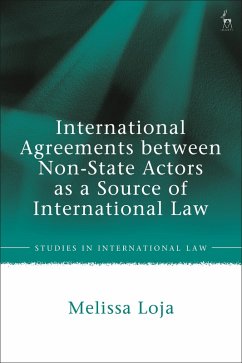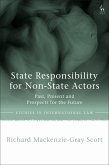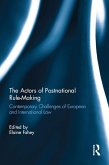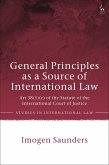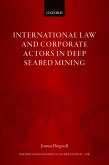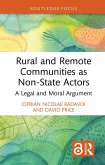This book examines whether international agreements between non-state actors can be identified as a source of international law using objective criteria. It asks whether, beyond Article 38 of the Statute of the International Court of Justice, there is a system of rules, processes, beliefs or semantics by which these agreements can be objectively identified as a source of international law. Departing from the more usual state-centric analysis, it adopts postmodern legal positivism as its analytical tool. This allows for the reality that international law-making takes place in subjective social landscapes. To test the effectiveness of this approach, it is applied to agreements between petroleum agencies and corporations which allow two or more states to exploit disputed resources across boundaries looking in particular at arrangements involving China, Vietnam and the Philippines. By so doing it illustrates an alternative way that states can manage disputes, without having to resort to conflict. It will appeal to both scholars and practitioners of public international law, as well as civil servants.
Bitte wählen Sie Ihr Anliegen aus.
Rechnungen
Retourenschein anfordern
Bestellstatus
Storno

